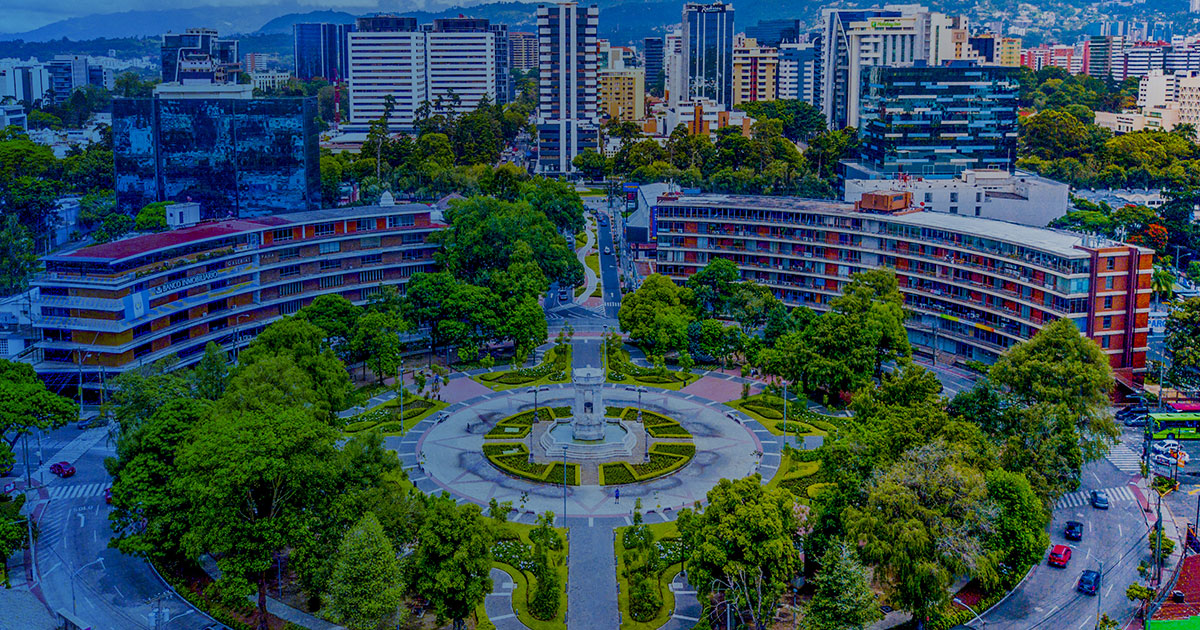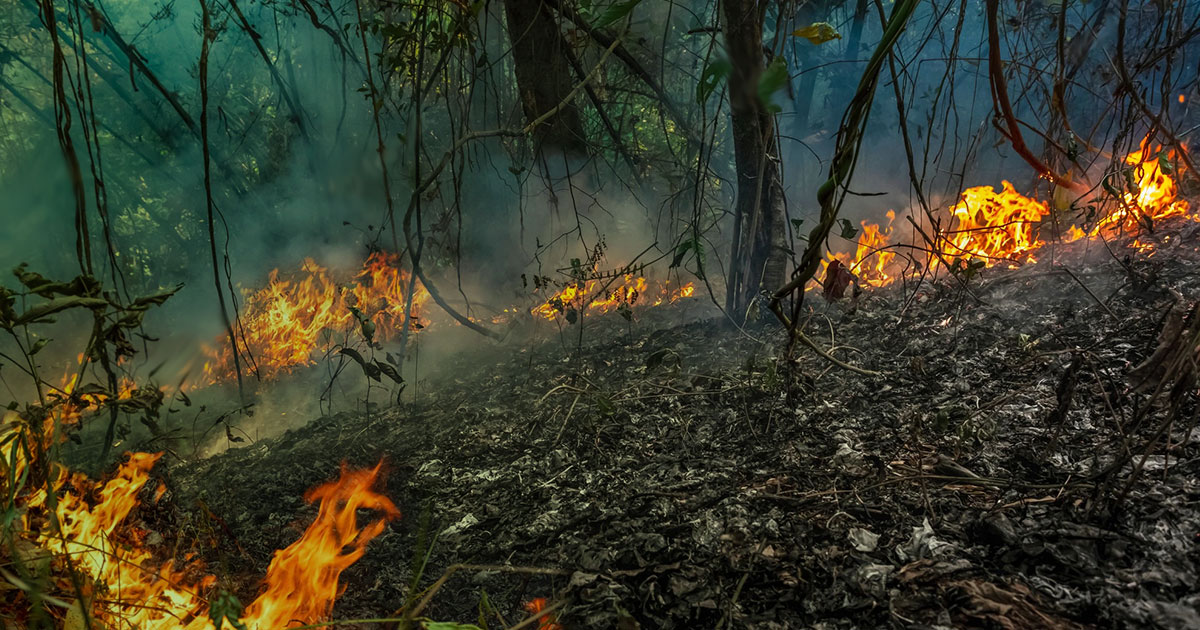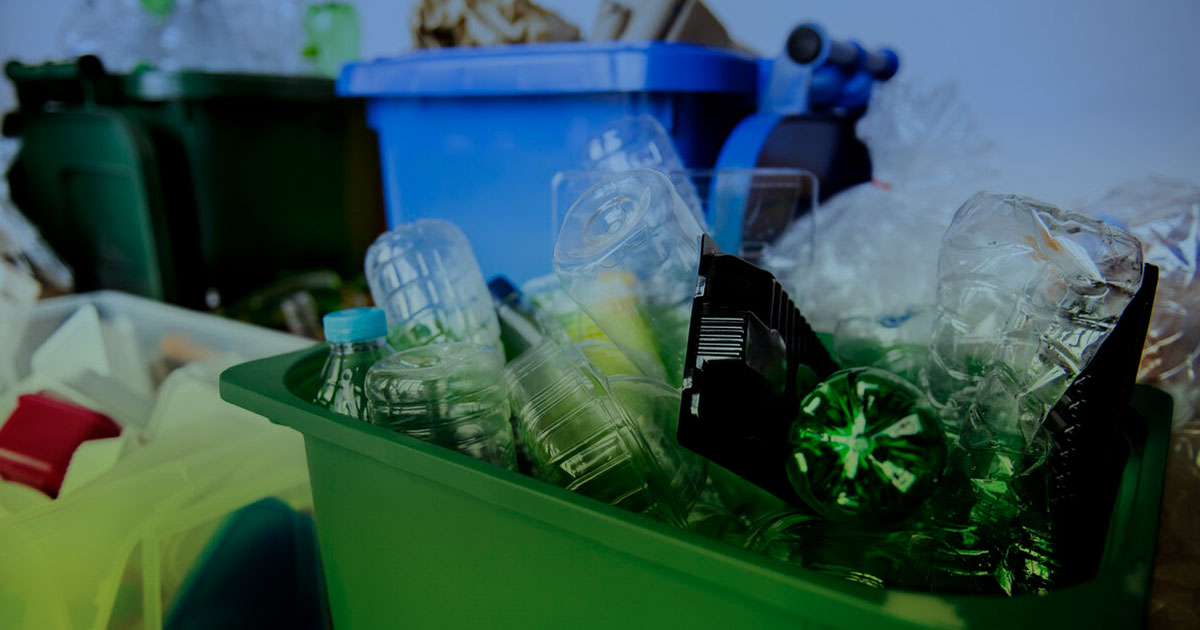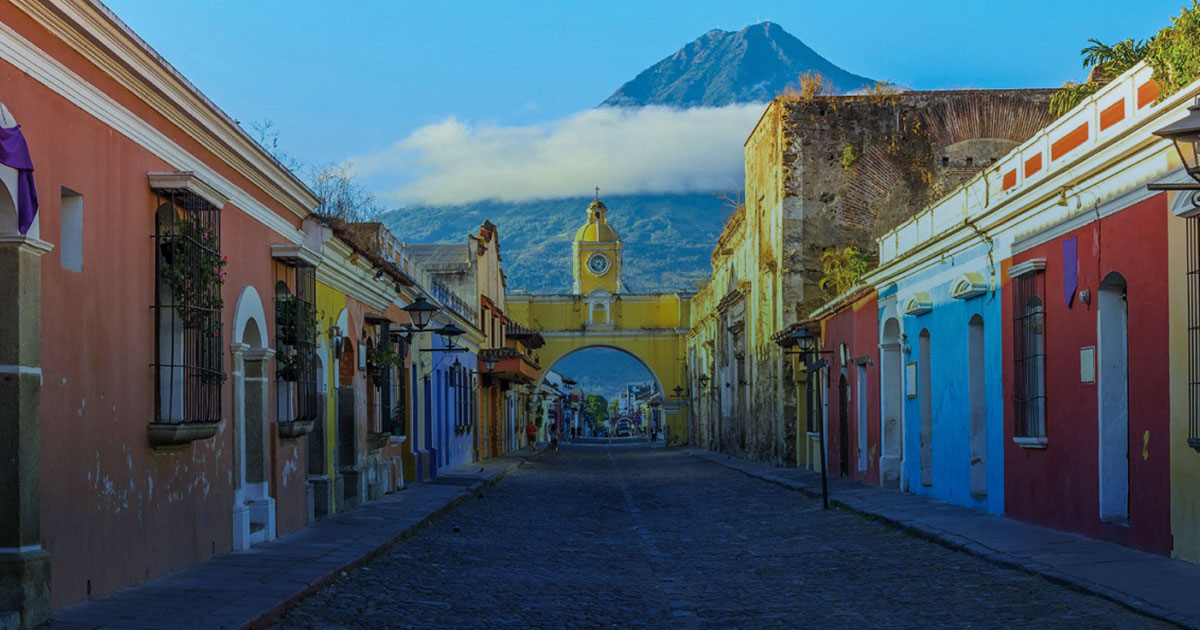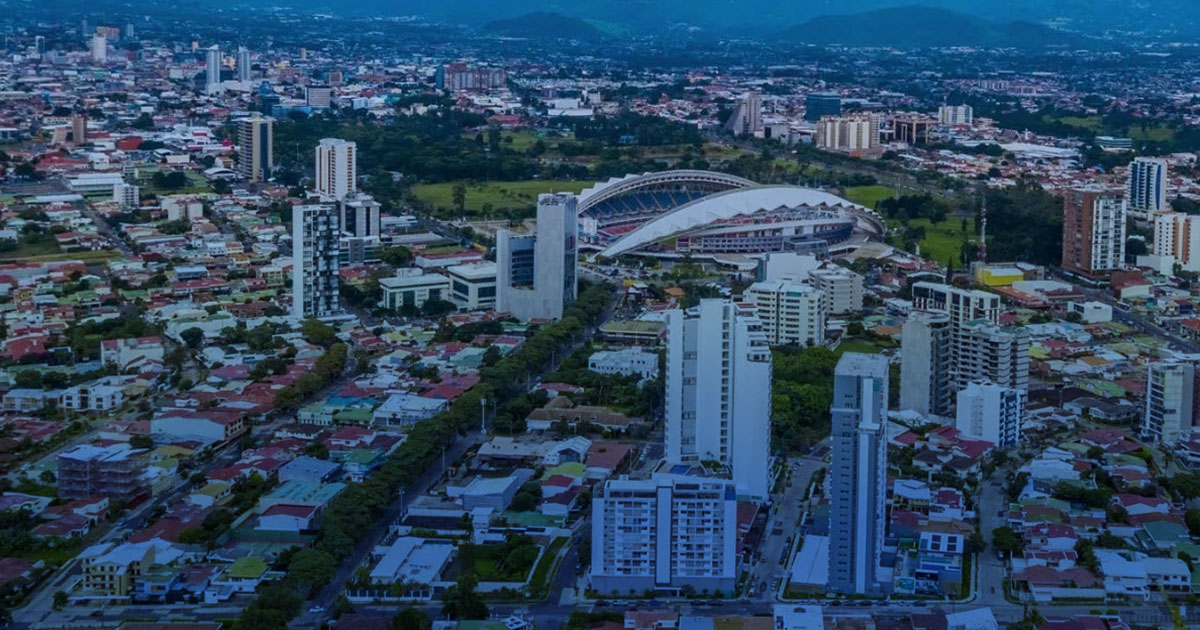Recently, the bill for the ” addition of a paragraph to article 50 of the Political Constitution to recognize and guarantee the human right of access to water ” was presented to the Legislative Assembly, which has the signature of all the deputies and seeks to be reaffirmed. , but this time in the constitutional text, that access to water is a fundamental right and that human life depends on it.
According to the proposal of the bill, the text to be added to the Political Constitution would be:
- Second paragraph of article 50:
“ Every person has the human, basic and inalienable right of access to drinking water, as an essential good for life. Water is a good of the Nation, essential to protect such a human right. Its use, conservation and exploitation will be governed by what is established by the law that will be created for these purposes, and the supply of drinking water for consumption by people and populations will have priority .”
- New transitory provision:
“ The current laws, concessions and permits for use, granted in accordance with the law, as well as the rights derived from them, remain in force until a new law that regulates the use, exploitation and conservation of water enters into force .”
The following can be deduced from the quoted text:
- The human right of access to water is expressly recognized and it is clarified that it is a good on which life depends.
- Constitutional recognition is given to the public domain of water, whose purpose is the protection of the right to life.
- When exploiting the water resource, priority will be given to domestic/population use.
- Until new regulations are issued, the current laws, regulations, concessions and other permits remain in force.
These aspects that are intended to be added to the Constitution are already part of the current legal system and from a practical point of view they would not change the current regulation, as we explain below:
Regarding the first point, the constitutional recognition of the human right to water and sanitation; In the explanatory memorandum of the project itself, the Resolution of the United Nations General Assembly number A-64-L.63-Rev is indicated, which had the favorable vote of Costa Rica, where it is recognized that “…the right to drinking water and sanitation as a human right essential for the full enjoyment of life and all human rights ”.
As we can see, there is already a global consensus on its character as a human right, which must also be considered included in our constitution in accordance with the jurisprudence of the Constitutional Chamber:
“ The Chamber recognizes, as part of the Law of the Constitution, a fundamental right to drinking water, derived from the fundamental rights to health, life, a healthy environment, food and decent housing, among others, such as international instruments on human rights applicable in Costa Rica have also been recognized ” [1]
Regarding the second point, tending to the recognition of water as an asset of the Nation, article 50 of the Organic Law of the Environment establishes that water is in the public domain and that its conservation and sustainable use are of social interest.
Regarding the priority use of water for consumption by people and populations, said scheme of preferential use of water has existed in the country since 1942, since the Water Law establishes in its article 27 the following:
“Article 27.- In the concession of special uses of public waters, the following order of preference will be observed :
I.- Pipes for populations whose control is in charge of the Secretary of Public Health;
II.- Supply of populations, domestic services, drinking troughs, dairies and bathrooms ;
III.- Supply of railways and means of transport;
IV.- Development of hydraulic or hydroelectric forces for public services;
V.- Coffee mills, sugar mills, mills and other factories;
VI.- Irrigation;
VII.- Development of hydraulic or hydroelectric forces for private services;
VIII.- Navigation channels; Y
IX.- Ponds for nurseries.
Within each class, the most important and useful companies will be preferred; and in equal circumstances, those who previously had requested the use, without responsibility of any kind in charge of the Ministry of Environment and Energy.”
Therefore, the proposed Reform would give constitutional status to such order of priority in the use of water, which would prevent a reform of the Water Law from modifying it, but would not change the current regulatory framework.
The fourth and last aspect refers to the transitory provision that clarifies that until there is a legal reform, the regulations, permits and concessions in force remain the same. Additionally, in the statement of reasons, the proposing deputies explain:
“ Additionally, it is proposed to introduce a new Transitory article in order to clarify that the approval of this reform does not repeal the current laws on water concessions, nor the concessions or use permits duly granted according to law.
Said concessions and permits will remain valid as long as they have been legally granted and their holders comply with the requirements and obligations established in national legislation. The current rules that regulate water permits and concessions will remain in force until the Legislative Assembly enacts a law that regulates the use, exploitation and conservation of water .”
Thus, it is clear that the present reform tries rather to reaffirm the importance of water resources and to ratify the commitment that the entire country must have in caring for water.
Despite the foregoing, establishing in the constitutional text schemes of preference in the use of water, although this is not new, may give rise to a greater number of conflicts related to the allocation of water concessions, going to be presented before the Constitutional Room. In our opinion, this is not a positive scenario, since the Constitutional Chamber is a centralized entity, located in San José and with a limited number of officials, mostly lawyers, but even so, it would be called upon to hear conflicts from very diverse locations in the country, with the aggravating circumstance that their sentences would contain binding criteria for the other public institutions.
Water resource management is obviously a very technical matter. Additionally, from an integrated management perspective, the best way to regulate the management of water resources is at the basin level, that is, decisions are made with reference to the basin in particular.
This does not mean that the Chamber is going to be directly involved in the granting of concessions. Being an issue developed by infra-constitutional norms, the Constitutional Chamber should avoid hearing controversies of this nature, based on the fact that it is a conflict of legality; however, as a scheme of priority uses of water is recognized at the constitutional level, we find it very likely that the Chamber will be increasingly inclined to hear this type of controversy. This situation, which we reiterate, would not be ideal, as it is such a centralized and non-technical entity, whose criteria are mandatory for all other State officials.
[1] Constitutional Chamber. Vote No. 200412263, of October 29, 2004.
